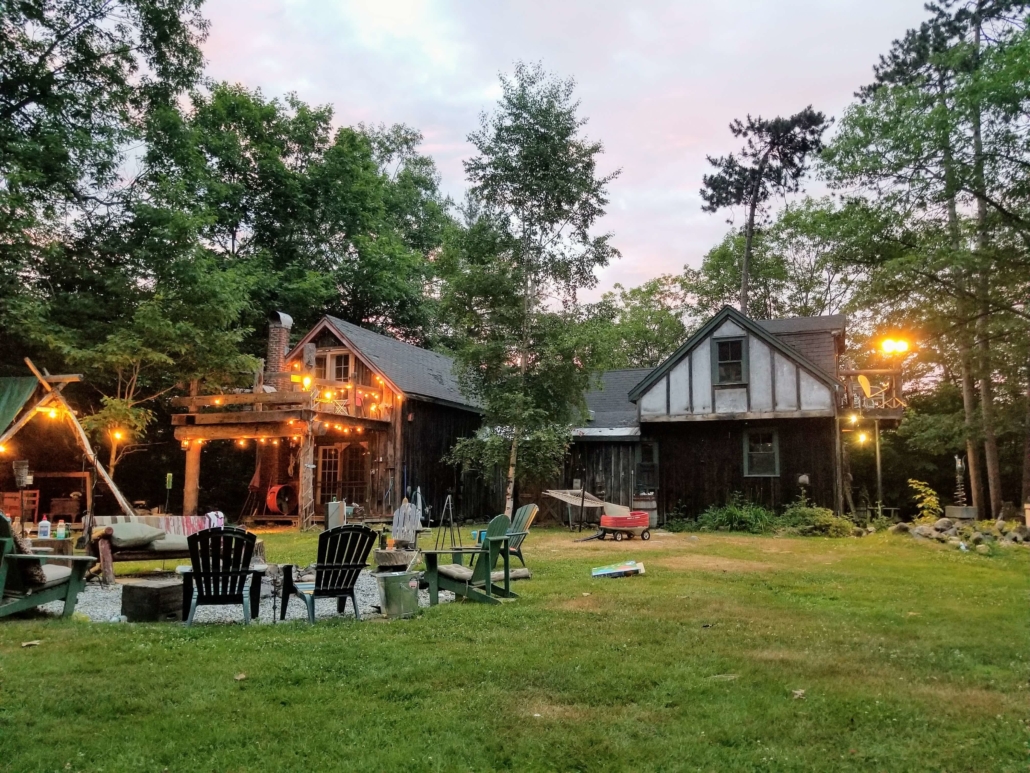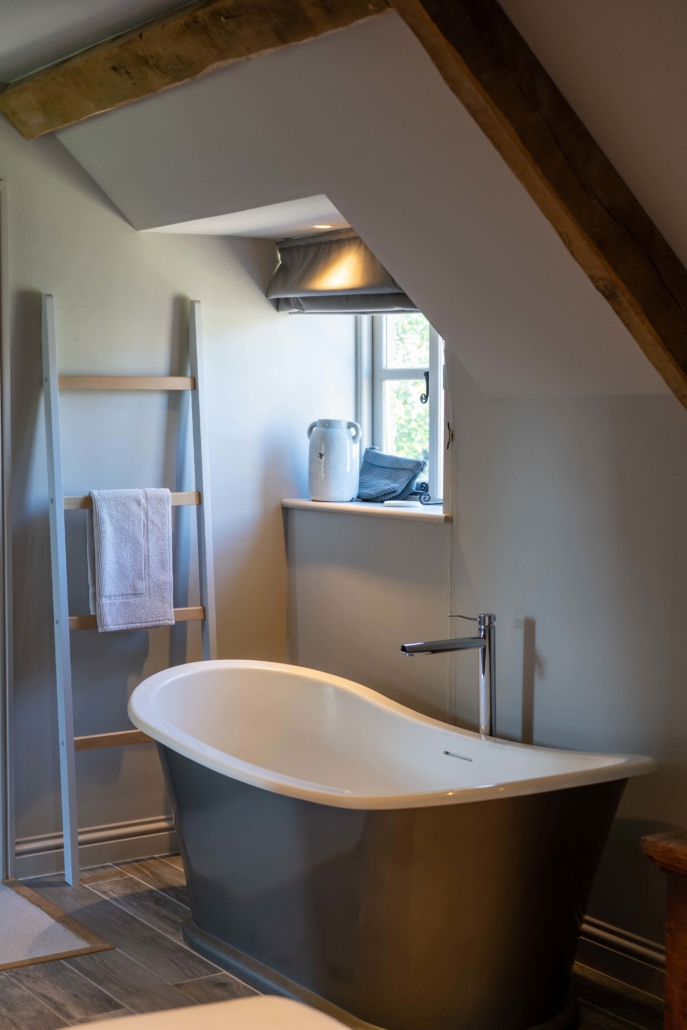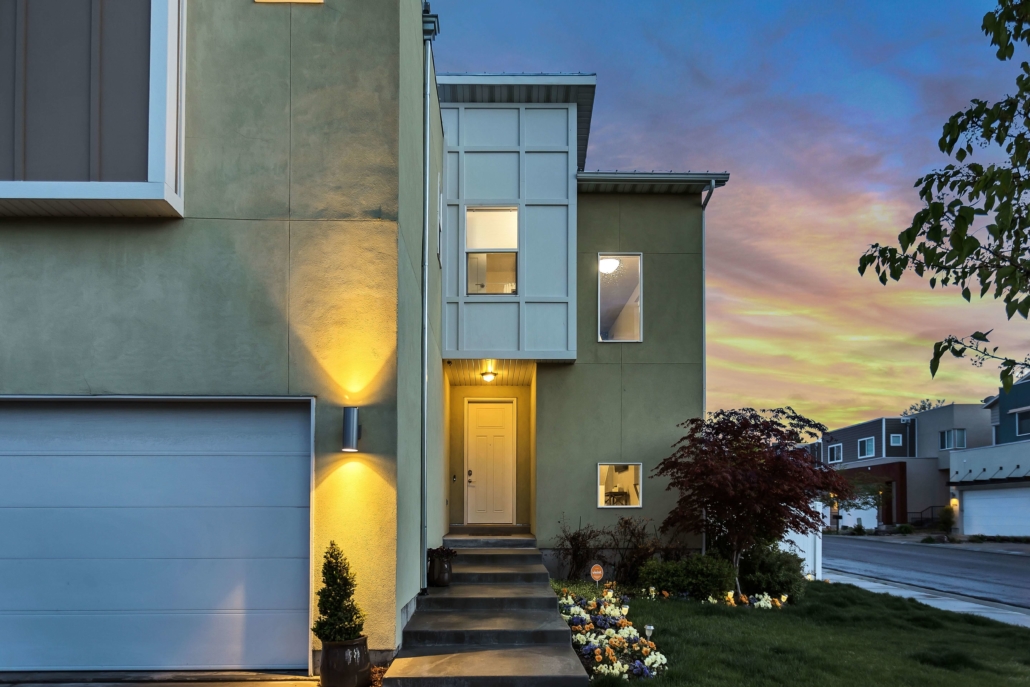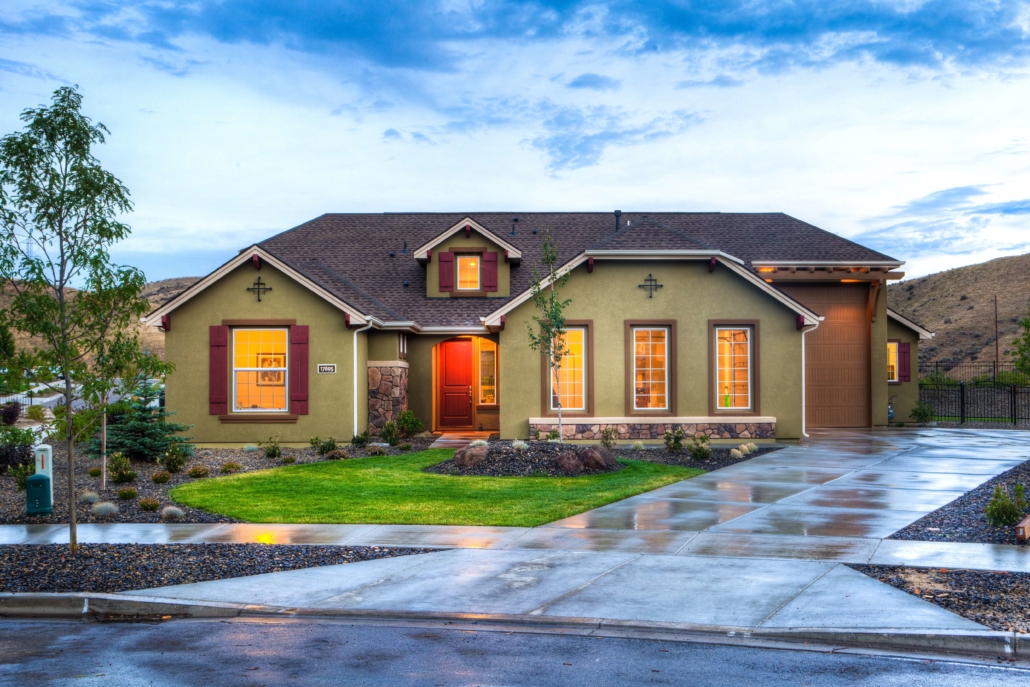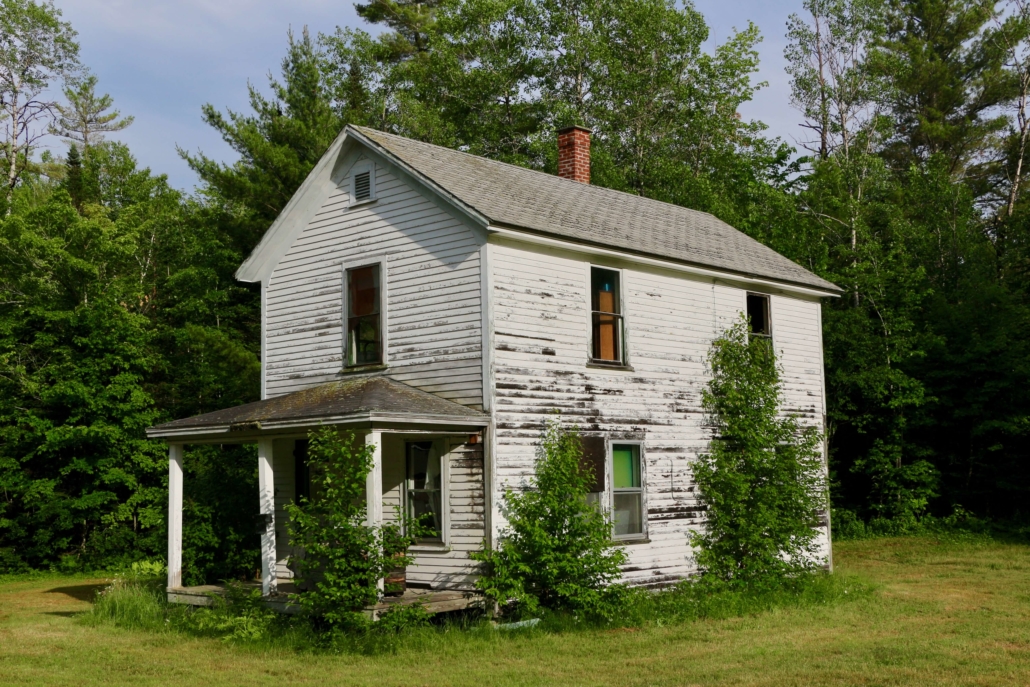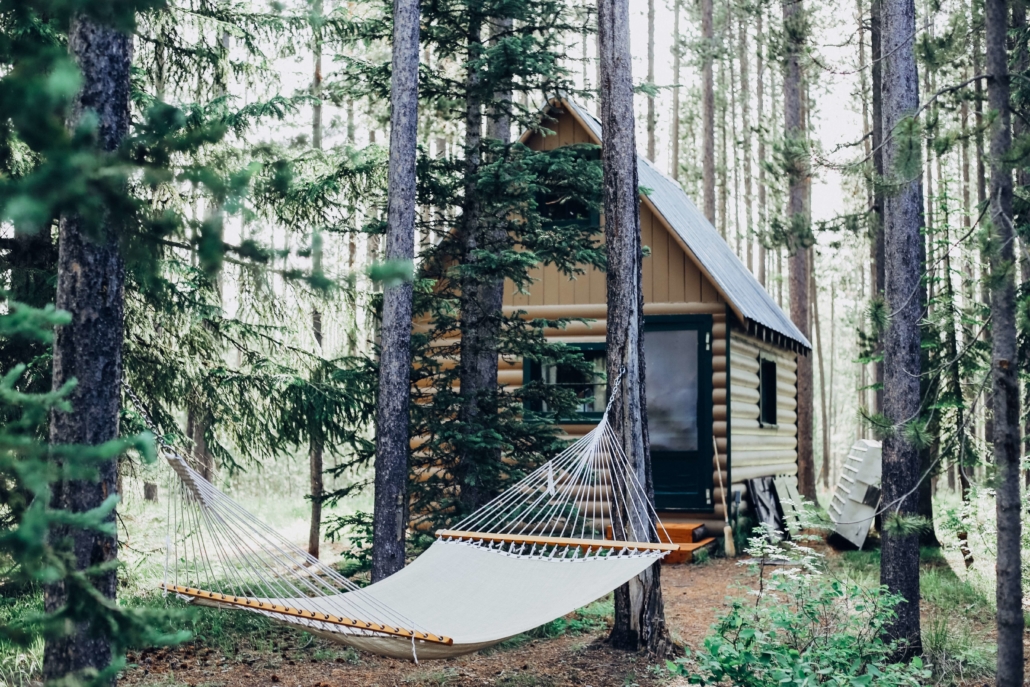5 Psychology Tips to Use When Selling Your Home
Using Psychology to Sell Your Home
When selling real estate, either as a profession or as the property owner, the goal is always to get the highest sale price possible. Much consideration should go into setting the right price — too high and you might be waiting indefinitely for a buyer, too low and you may leave money on the table.
In slower, less competitive markets, this can be fairly easy. Do some research, find some comparable properties, and set your price. The challenge, though, comes with highly competitive markets. In places where housing inventory is significantly lower than demand, you’ll often find homes selling above list price.
In December 2019, real estate website Redfin released a report of the 20 most competitive neighborhoods to buy real estate in the US. While California predictably took up many of the top spots, the Golden State shared space on the list with areas outside of Grand Rapids, Michigan, Minneapolis, Minnesota, and others. In these areas, homes typically sold for more than list price (some areas averaging more than 25% above list) and typically in under two weeks.
Location is typically most responsible for sold-above-asking-price scenarios, but home type, amenities, and other features come into play. By avoiding common pitfalls and using psychology, sellers can get the highest price for their property in the shortest amount of time.
Psychology Trick: Overconfidence Bias
What it says: People tend to think they’re smarter/more skilled than they are.
Why it matters: Pricing a home wrong can lead to not selling or leaving money on the table.
What to do: Hire a real estate professional you trust!
Talk to a few agents before hiring one or deciding to go it alone. Selling real estate may seem like a really simple process, but once you get a look under the hood it starts to become clear the advantages of hiring a professional. Looking to buy a home? This psychology trick applies to buyers too! Make sure you don’t overpay or get swindled by letting the pros handle it — as a buyer, you don’t have to pay to use an agent!
Psychology Trick: Reciprocation Tendency
AKA The Foot-in-the-door Phenomenon
What it says: People are more likely to give you something reasonable if you ask for something outlandish first
Why it matters: A home priced at $515,000 seems like a great deal if another property in the area sold for $675,000 even if the properties aren’t similar at all.
What to do: Price it right! Unless your home is the nicest one on the market, it’s wise to price your property in the middle of the field. When buyers see the highest price, everything below it seems reasonable, whether or not they’re truly comparable.
Psychology Trick: Envy/Jealousy Tendency
What it says: People will want what others have and are reluctant to give it up to others
Why it matters: If a home appears to have a lot of interest, buyers are likely to put in more aggressive offers than if it seems like no one else is interested.
What to do: Host an open house on a weekend afternoon when there isn’t a lot of competition from other local events. Sure, some “just looking” folks or nosey neighbors make show up (thanks, Curiosity Tendency!), but even that will help to make the home look even more popular!
RealtyHive Time-Limited Events are another great way to use this trick in your favor. By creating massive levels of exposure through digital marketing, you can leverage the Envy/Jealousy Tendency to get more offers from buyers who are afraid of losing out on your home.
Psychology Trick: Confirmation Bias
What it says: People tend to look for information that supports their beliefs and reject any information that contradicts it.
Why it matters: If a buyer thinks the home is overpriced, they’ll look to confirm that belief by finding all the small issues they can — even small things like burnt out bulbs or a dingy outlet face plate can make buyers wonder what else could be wrong that they don’t see.
What to do: Take a walk through your home with fresh eyes and try to spot the wear-and-tear pitfalls. These fixes are inexpensive to do and can prevent potential buyers from creating a mental list to price-reducers as they walk through.
Psychology Trick: Anchoring
What it says: Anchoring is the tendency to jump to conclusions and base a final judgment on information gained early on in the decision-making process. Once an initial assumption is made, it’s hard to see other possibilities.
Why it matters: There’s no second chance to make a first impression so it’s important that any property puts its best foot forward. If a buyer falls in love at first sight, it’ll be easier for them to continue to come back to that initial reaction after seeing the rest of the home.
What to do: Step up your curb appeal. Grass needs to be mowed, bushed should be trimmed, porch lights on, and any clutter cleared from view. If possible, have buyers enter through the front door instead of a garage or side door to really give them the “Wow” impression.















